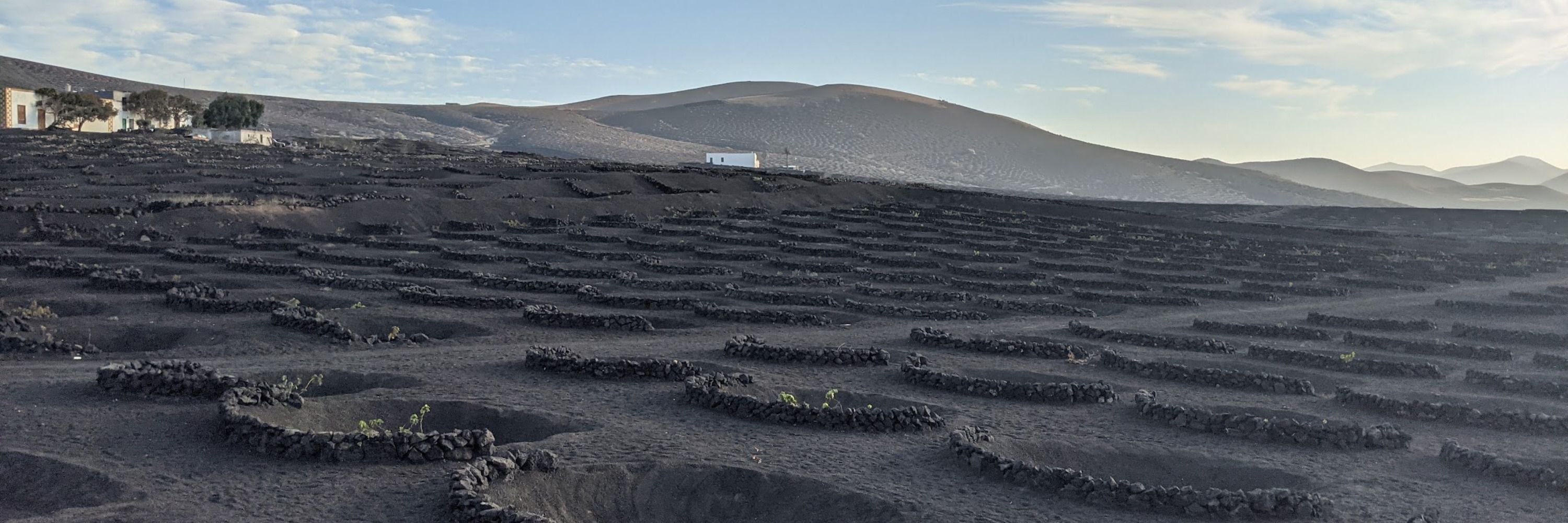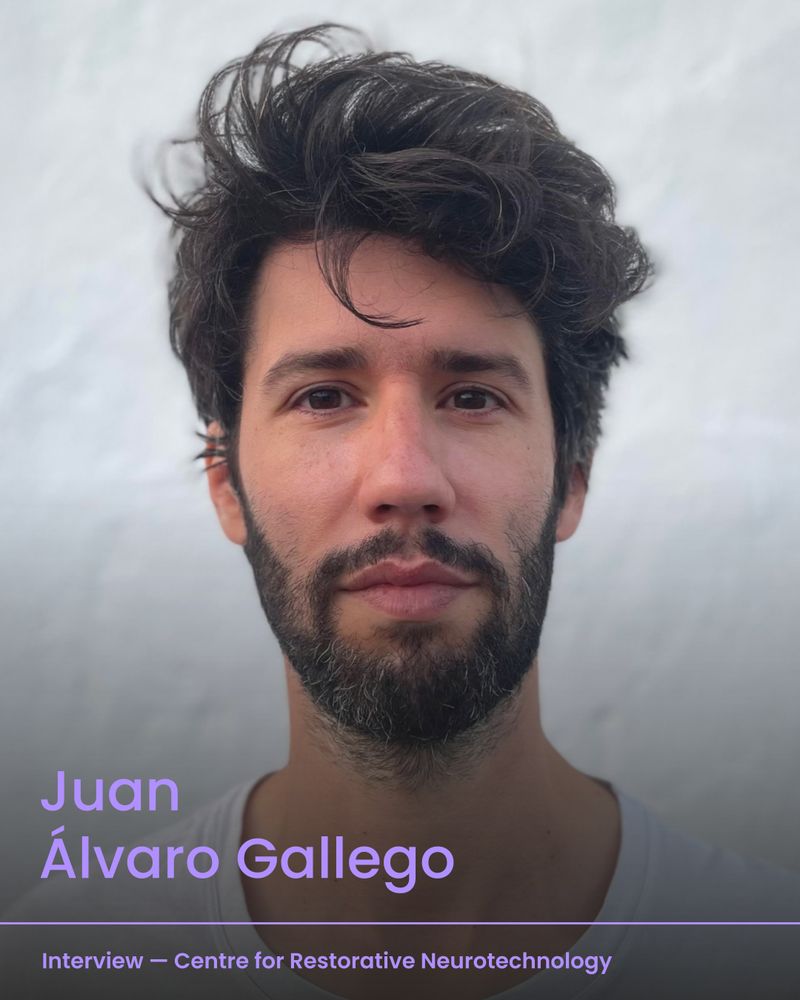
#neuroskyence #Sensorimotor #compneurosky #Science

The lab has up to *3 postdoc openings* for comp systems neuroscientists interested in describing and manipulating neural population dynamics mediating behaviour
This is part of a collaborative ARIA grant "4D precision control of cortical dynamics"
euraxess.ec.europa.eu/jobs/383909
A recent attempt at this youtu.be/oxQyKByqDSU?...

A recent attempt at this youtu.be/oxQyKByqDSU?...
doi.org/10.1016/j.co...
doi.org/10.1016/j.co...
#NCMKobe26
More information - ncm-society.org/subm...

#NCMKobe26
General details here: www.gla.ac.uk/colleges/mvl...
My project, on cognitive mapping in 3D space in mice and humans, available here: www.gla.ac.uk/colleges/mvl...

General details here: www.gla.ac.uk/colleges/mvl...
My project, on cognitive mapping in 3D space in mice and humans, available here: www.gla.ac.uk/colleges/mvl...
More details here:
lnkd.in/eusCqCSR
More details here:
lnkd.in/eusCqCSR
(And I learned that Schrödinger used code in a different way than I thought he did when I read his book... Well the first half of the book)

(And I learned that Schrödinger used code in a different way than I thought he did when I read his book... Well the first half of the book)
Learn more if you're a student, early-career scientist, or faculty who’s been underrepresented in the field.
Support is available for meeting travel + participation.
Details: ncm-society.org/dive...

Congrats to the wonderful team!
www.nature.com/articles/s4...

Congrats to the wonderful team!
Perfect talking points for when you need to defend basic science, whether it’s to your grumpy uncle or your MP.
www.nature.com/articles/d41...

Perfect talking points for when you need to defend basic science, whether it’s to your grumpy uncle or your MP.
www.nature.com/articles/d41...
The lab has up to *3 postdoc openings* for comp systems neuroscientists interested in describing and manipulating neural population dynamics mediating behaviour
This is part of a collaborative ARIA grant "4D precision control of cortical dynamics"
euraxess.ec.europa.eu/jobs/383909

The lab has up to *3 postdoc openings* for comp systems neuroscientists interested in describing and manipulating neural population dynamics mediating behaviour
This is part of a collaborative ARIA grant "4D precision control of cortical dynamics"
euraxess.ec.europa.eu/jobs/383909
Agenda: snufa.net/2025/
Registration: www.eventbrite.co.uk/e/snufa-2025...
Thanks to all who voted on abstracts!
🤖🧠🧪
Run your own lab, pursue bold ideas, join a highly collaborative community!
All areas including experimental or computational neuro, including NeuroAI & systems
PhD required; ≤~1 yr postdoc
www.cshl.edu/about-us/car...
Run your own lab, pursue bold ideas, join a highly collaborative community!
All areas including experimental or computational neuro, including NeuroAI & systems
PhD required; ≤~1 yr postdoc
www.cshl.edu/about-us/car...
Congratulations Kelsey et al
We compared deer mice evolved in forest vs prairie habitats. We found that forest mice have:
(1) more corticospinal neurons (CSNs)
(2) better hand dexterity
(3) more dexterous climbing, which is linked to CSN number🧵
Congratulations Kelsey et al
Application: shorturl.at/6NEyk
More info: www.cosyne.org/travel-grants
(1/2)
Application: shorturl.at/6NEyk
More info: www.cosyne.org/travel-grants
(1/2)

🎟️ symposium.fchampalimaud.science/registration-1

and big congratulations on your exciting-but-not-yet-public-news
and big congratulations on your exciting-but-not-yet-public-news
The lab is relocating to Lisbon, joining a great team of experimental and theoretical neuroscientists, and the Neurotechnology Warehouse, a new initiative to bridge basic and translational research.
I'll be sharing postdoc openings soon. Come join us in this new incarnation of the lab!
🔗 Find out more in this interview: www.fchampalimaud.org/news/juan-al...

The lab is relocating to Lisbon, joining a great team of experimental and theoretical neuroscientists, and the Neurotechnology Warehouse, a new initiative to bridge basic and translational research.
I'll be sharing postdoc openings soon. Come join us in this new incarnation of the lab!
psu.wd1.myworkdayjobs.com/PSU_Academic...

psu.wd1.myworkdayjobs.com/PSU_Academic...
Congratulations to the superlabers
We asked: How does the motor cortex account for arm posture when generating movement?
Paper 👉 www.biorxiv.org/content/10.1...
1/10
Congratulations to the superlabers
Come for the fun experiments on human learning, memory, & skilled behavior, stay for the best 🍕 in the US.
Please reach out if you have any questions!
Come for the fun experiments on human learning, memory, & skilled behavior, stay for the best 🍕 in the US.
Please reach out if you have any questions!
Some thoughts on where neurotheory has and has not taken root within the neuroscience community, how it has shaped those subfields, and where we theorists might look next for fresh adventures.
www.nature.com/articles/s41...

